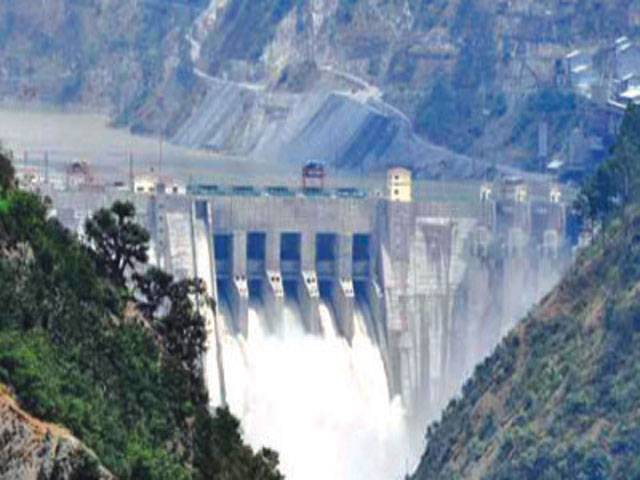ISLAMABAD - The two-day talks between the World Bank and Pakistan on the issue of Kishanganga hydroelectric project, inaugurated recently by India, failed to produce any forward movement.
Pakistani representatives met with the World Bank officials on May 21 and 22 to raise concerns of the lower riparian country over the hydroelectric project, which Islamabad claims has been built in violation of the Indus Water Treaty [IWT].
“While an agreement on the way forward was not reached at the conclusion of the meetings, the World Bank will continue to work with both countries to resolve the issues in an amicable manner and in line with the [Indus Water] Treaty provisions,” the Bank stated in an official handout after the talks.
The Pakistani delegation headed by Attorney General Ashtar Ausaf Ali met with senior World Bank officials and discussed the issues regarding the IWT and opportunities within the Treaty to seek an amicable resolution.
The World Bank had brokered the IWT in 1960 between Pakistan and India and it has an arbitrator’s role in case of any disputes between the two water sharing neighbours.
Islamabad had approached the international financial institution for intervention after Indian Prime Minister Narendra Modi inaugurated Kishanganga project last week despite protests from Pakistan, which says the project on a river flowing into it will disrupt water supplies.
Pakistan had sent a letter to the World Bank last month, saying that as India has completed the controversial Kishanganga hydropower project, the World Bank should recognise its responsibility under the Indus Waters Treaty of 1960. The aggrieved state also asked the Bank to address its concerns over other disputed projects.
There has been a pause in the dialogue between the two countries after talks in Washington in September last year under the aegis of the World Bank. Pakistan believes that India has completed the 330MW Kishanganga project during the “paused” period, which is required for the constitution of a Court of Arbitration (COA) as requested by Islamabad in early 2016.
During the two days talks, the Pakistan delegation shared with the World Bank its concerns about the recent inauguration of Kishenganga hydroelectric plant. Several procedural options for resolving the disagreement over the interpretation of the Treaty’s provisions were discussed.
The Bank assured that it will continue to work with both countries to resolve the issues in an amicable manner and in line with the Treaty provisions.
The World Bank has termed the Indus Waters Treaty as a profoundly important international agreement that provides an essential cooperative framework for India and Pakistan to address current and future challenges of effective water management to meet human needs and achieve development goals.
As a signatory to the Treaty, the Bank said its role is limited and procedural. In particular, the role in relation to “differences” and “disputes” is limited to the designation of people to fulfil certain roles when requested by either or both parties.
The World Bank however said it remains committed to acting in good faith and with complete impartiality and transparency in fulfilling its responsibilities under the Treaty, while continuing to assist the countries.






